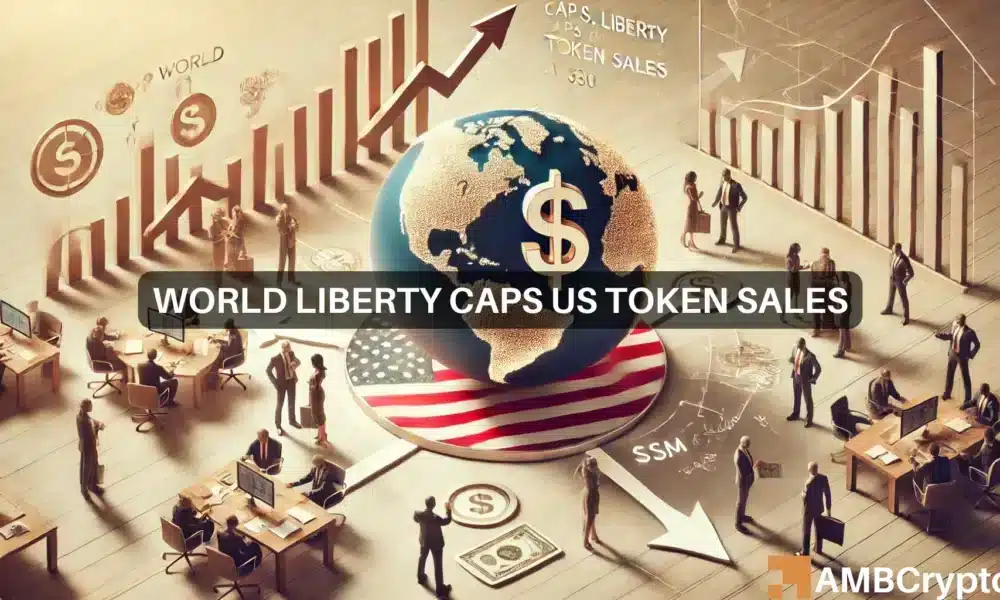World Liberty Financial, a decentralized finance (DeFi) project affiliated with former U.S. President Donald Trump, has made an important announcement. The project has put a cap of $30 million on token sales within the United States. A majority of the $288.5 million offering, approximately 90%, will be reserved for investors outside the U.S.
This move indicates a strategic shift towards global markets. Recent regulatory filings indicate that the project will utilize Regulation S to target international investors and Regulation D for accredited U.S. investors, from whom they have already raised $2.7 million.
World Liberty’s decision to restrict token sales in the U.S. is in line with its overall strategy to attract a large international investor base. By focusing on worldwide participation, the project aims to tap into markets with regulations that are less stringent compared to those in the U.S.
Moreover, with less than 350 accredited U.S.-based investors involved thus far, the DeFi project’s regulatory approach helps it avoid the strict compliance regulations enforced by U.S. securities laws.
Implications for the U.S. Cryptocurrency Market
World Liberty’s emphasis on global markets over the U.S. highlights a growing trend where DeFi initiatives aim to navigate the complexities of American regulations by looking overseas. The choice to cap U.S. sales could influence similar projects to reconsider their strategies.
This is particularly relevant as regulatory bodies in the U.S. intensify their oversight of DeFi and cryptocurrency offerings. Through the use of Regulation S, World Liberty gains the flexibility to raise funds internationally while reducing the likelihood of running into issues with the U.S. Securities and Exchange Commission (SEC), which has been scrutinizing token sales that fall short of its guidelines.
The restriction on U.S. token sales could impact American investors seeking to participate in World Liberty’s project. Additionally, this tactic could signal a new trend for U.S.-based cryptocurrency projects looking to evade regulatory pressures by seeking more favorable conditions abroad.
For the U.S. cryptocurrency market, World Liberty’s decision may have widespread implications. It could prompt other projects to target global markets in order to optimize their fundraising opportunities. As U.S. cryptocurrency regulations continue to develop, World Liberty’s strategy serves as a notable example for DeFi initiatives aiming to navigate both local and international markets.
This two-pronged approach enables projects to secure global investments while minimizing exposure to the intricate regulatory landscape in the U.S.

